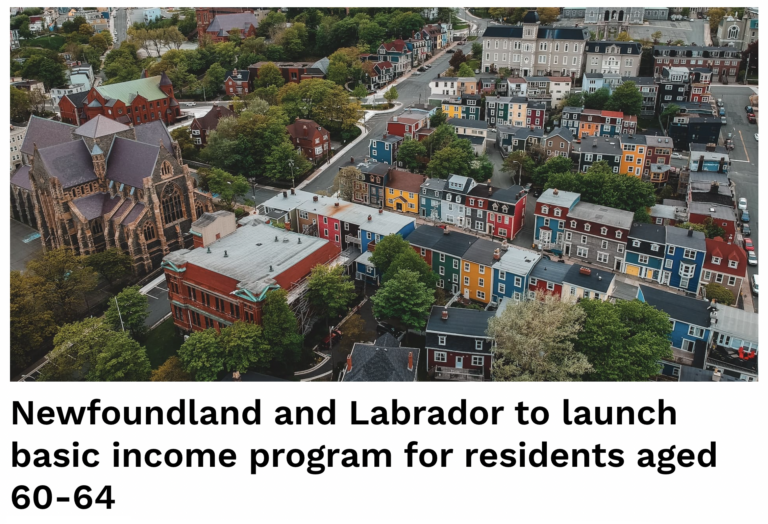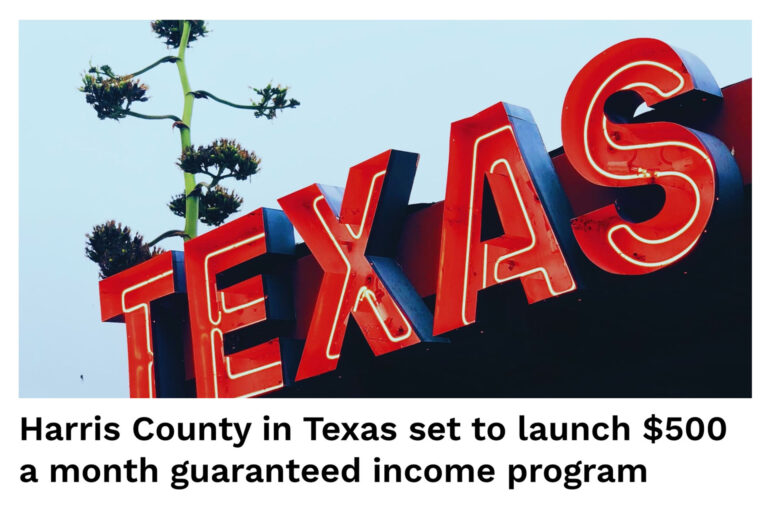Chicago Resilient Communities Pilot
The Chicago Resilient Communities Pilot is a $31.5 million dollar commitment from Mayor Lori Lightfoot and the City of Chicago’s Department of Family and Support Services as part of her effort to tackle poverty and put residents at the center of the economic recovery from the COVID-19 pandemic. 5,000 Chicagoans will be selected through an open application and a citywide lottery to receive $500 per month for twelve months, with no strings attached.



